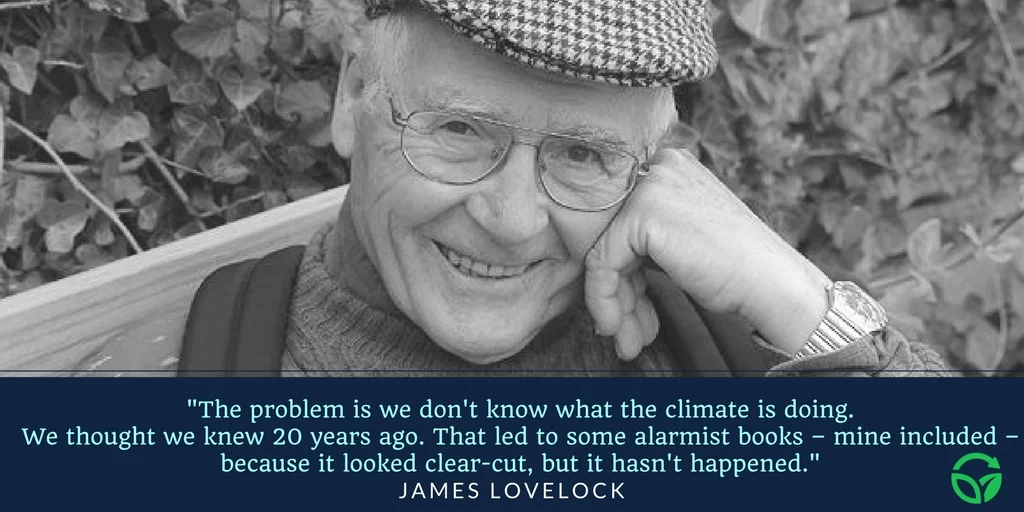Originator, Gaia theory and inventor of the electron capture detector
Names: James Ephraim Lovelock
Birth: He was born on 26 July, 1919
Place of Birth: Letchworth Garden City, in Hertfordshire, England.
Nationality: British
“I don’t think we’re yet evolved to the point where we’re clever enough to handle a complex a situation as climate change.”
Education
He attended Strand School, London, and Birkbeck College as a part-time evening student as a result of having started work early in life in a photography firm. He later studied Chemistry at the University of Manchester and also had his PhD in Medicine from the London School of Hygiene and Tropical Medicine. Also, he worked as a research fellow in both the College of Medicine, Yale University, and the Medical School, Harvard University, USA.
Occupation/Career
Lovelock is best described as ‘an independent scientist, inventor, and author’, because he has invented and made copious science tools and materials, such as electron capture detector, an instrument for the creation of microwave oven, instruments for NASA’s planetary expeditions, etc. He is most reputed for his development of the Gaia hypothesis.
Residence
Lovelock lives in Dorset, England.
Advocacy
Lovelock initially postulated that, as a result of global warming, ‘billions of us will die and the few breeding pairs of people that survive will be in the Arctic where the climate remains tolerable’ by the end of this century. However, in April 2012, interview which was aired on MSNBC, he eventually agreed that he had been ‘alarmist’. That was due to emerging facts and developments on what he had predicted would happen. Now, Lovelock advocates what he terms ‘sustainable development’ which he does not directly support. By ‘retreat’, he means ‘… changing where we live and how we get our food;… making plans for the migration of people from low-lying regions like Bangladesh into Europe … admitting that New Orleans is a goner and moving the people to cities better positioned for the future.’ The concept promotes the use of resources in such a way as to meet human needs with lower levels and environmentally harmful types of resources.
Achievements on Sustainable Development and Environmentalism
In September 2007, Lovelock and Chris Rapley suggested constructing oceans pumps to pump water up from below the thermocline to ‘fertilize algae in the surface waters and encourage them to bloom ‘. The purpose was to cause the acceleration of the transfer of carbon dioxide from the atmosphere to the ocean by increasing primary production and enhancing the export of organic carbon to the deep ocean. It is noteworthy that despite widespread media attention and criticism on this proposal by Lovelock, a commercial company was already working independently on similar ideas as at that time. This idea is now known as Geo-engineering or Climate engineering. Also, Lovelock now favours ‘fracking’ as a low-polluting alternative to coal.
Publications/Awards and Honours
- Fellow of the Royal Society (1974)
- Tswett Medal (1975)
- American Chemical Society Award in Chromatography (1980)
- Norbert Gerbier – MUMM Award (1988)
- Dr AH. Heineken Prize for Environmental Sciences (1990)
- Commander of the Order of the British Empire (1990)
- Volvo Environment Prize (1996)
- Companion of Honour (2003)
- Wollaston Medal (2006)
- Arne Naess Chair in Global Justice and Environment (2007)
- Lovelock has copious articles in leading science journals.
Official Website
http://www.jameslovelock.org/


